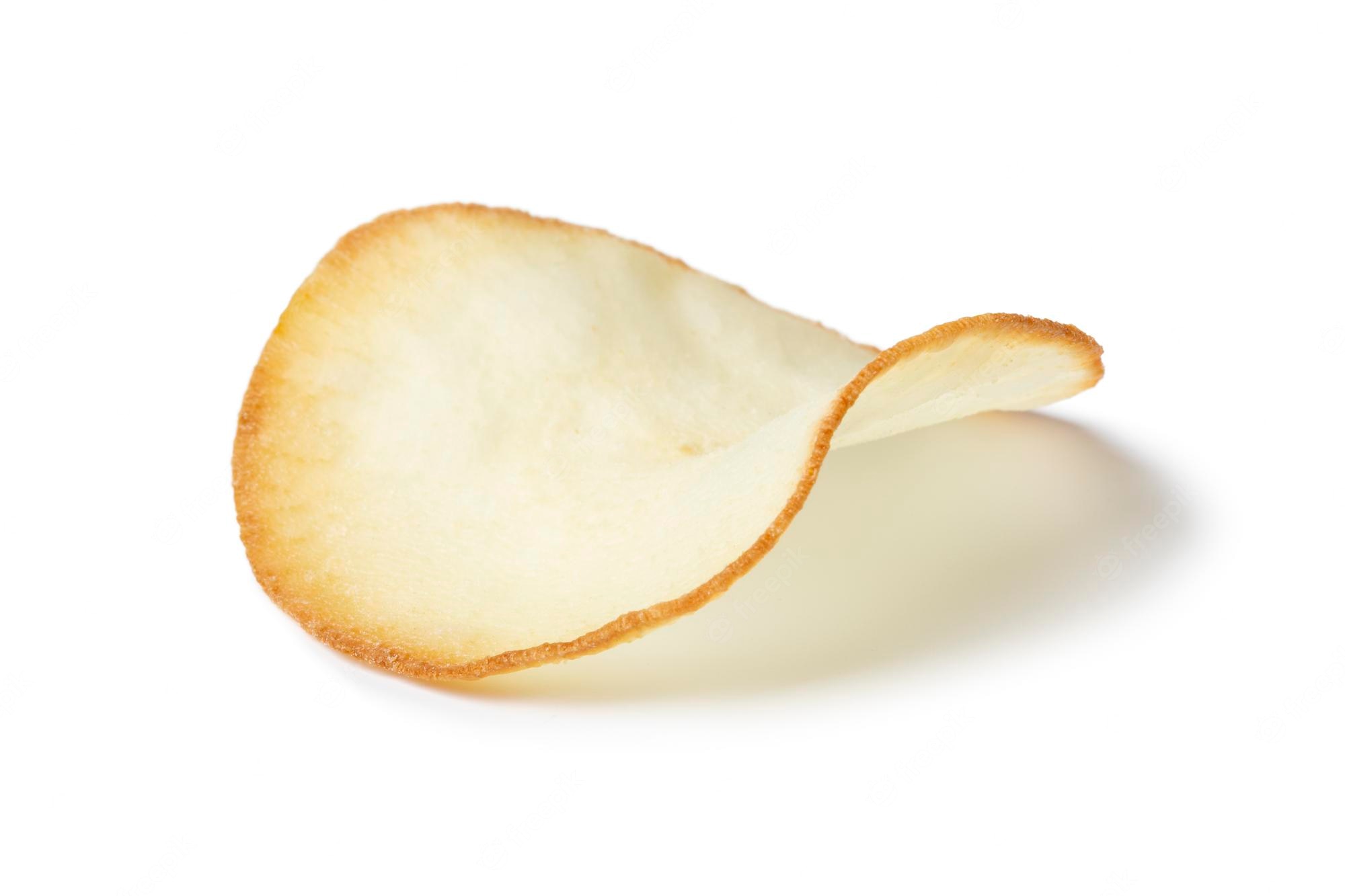Cassava Chips production is a relatively new business idea in Nigeria. Cassava Chips is a product derived from cassava. Nigeria is the largest producer of cassava in the world with a yield of about 54 million tonnes of cassava in 2012. Cassava (Manihot spp) is a tropical perennial crop cultivated mainly for its edible root, is a staple food consumed worldwide and provides much economic benefit to the producers.
Cassava can be processed in a variety of ways to arrive at different products including as gari, fufu, lafun, starch, chips and pellets, etc.
Cassava chips are unfermented white dried products of cassava with an average diameter of 3mm – 5mm often used as a carbohydrate base in the animal feed industry particularly in Europe, or milled into flour for other uses such as in the production of ethanol, cakes, dough nut and biscuits.
The demand for Cassava Chips as an industrial product is wide. It cuts across so many industries such as distilleries,
pharmaceutical, food and most especially the animal feed industry. The estimated demand for Cassava Chips in Nigeria was found to be in excess of 1,500,000T/annum.
1. Benefits of Cassava Chips Production
There is a high export demand in China especially for ethanol production. In fact, Nigeria is planning to export chips to China to the tune of 1,100,000T this year. This is a clear indication that Cassava Chips has a high market potential.
The international price of cassava chips fluctuates between $1, 200 and $1,300 per metric tonne. Locally, it is sold at N120, 000 per tonne.
The above facts make the project to be socially desirable and economically viable. It is also technically feasible and highly profitable. With a good management and marketing approach, a minimum profit margin of N20,000 is obtainable from producing a tone of good quality Cassava chips
The project researched on targets a minimum processing capacity of 102tones per day, which implies an average production output of 25tones per day. This gives a minimum profit margin of N500, 000 which
translates to N14, 000, 000 monthly.
However, the processing and production capacity of the plant can be doubled if the factory operates a two shift program. This by extension doubles the profitability of the venture.
2. Cassava Chips Production Process
(a) Peeling: Production of Cassava chips starts with the peeling of the cassava. Peeling can be done mechanically or manually. Mechanical peelers peel as much as 2,400 – 2,500Kg per hour with a wastage rate of 30-40% while manual peeling does 22Kg per man hour and wastage of 20-25%.
Mechanical peelers are problematic because of the non-uniform nature of the cassava roots and the irregularity in size which make smooth peeling difficult. Also, the thickness of the skin, the texture and the strength of adhesion to
the flesh of the tuber differ from specie to specie thereby making over-peeling and under-peeling possible. As a result of these problems, processors prefer manual peeling for now till the mechanical is
perfected.
(b) Washing: The peeled tubers are thoroughly washed to remove all dirt and sand that may adhere to them. Export requirements insist that sand content should not be more than 2%.
(c) Chipping: The washed tubers are carted to the chipping machines where they are chipped into small chips of about 1-2 centimetre thickness and 6-7 cm long. The sizes at times depend on the prescription of the order.
(d) Drying: The wet chips are taken to the Rotary Dryer where they are dried to 12-14% moisture content.
(e) Bagging: they are then weighed and bagged in 50kg polypropylene bags and stored.
3. Raw Material Required
The major raw material is cassava tubers. The average daily output capacity of the Plant is 25Mt. The daily raw material requirement is therefore 100-105Mt of cassava tubers and the monthly requirement is about
2,652Mt.
It should be noted that four metric tons of wet chips will produce one MT of dried chips.




